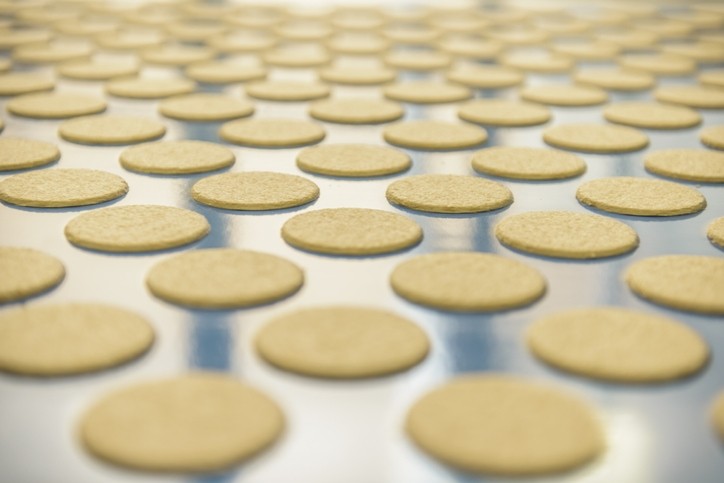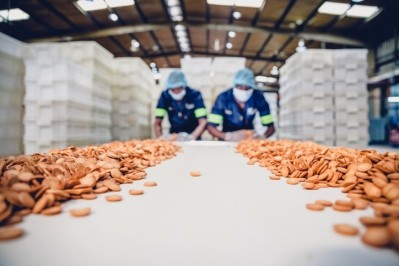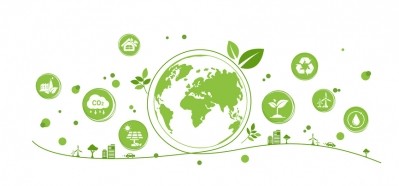Call for feed preference over biogas use for surplus foods to enhance UK food security and reduce waste

Using former foods to replace agricultural crops in animal feeds is considerably more sustainable than using them for biogas, both in terms of carbon savings and many other key environmental challenges whilst maintaining the waste hierarchy, argues John Knight, chair of the UK’s Former Foodstuffs Processors Association (UKFFPA).
“Managing food waste is a global challenge. Therefore, the utilisation of the former foods by animals should be seen as vital element to this overall approach.
“UKFFPA members believe that food that is still safe and suitable for human consumption should be either donated to charity or re-processed for the human food market.”
Former foodstuffs are food items that are no longer suitable for human consumption for various reasons, such as being offcuts, trimmings, misshapen, or manufactured out of specification. Surplus bread products from retailers and bakeries also fall under this category. These food items can be used as animal feed as long as it is safe and legal to do so.
The value the use of surplus food brings to the feed sector has been highlighted by the AIC in a publication released to mark 10 years since UKFFPA was established.
In the UK, currently, over 650,000 tons of former foods are processed and handled or sent directly to farms each year for use as livestock feed.
Forecast tonnage growth
Asked how much growth in the market is forecast over the next five years, Knight told us that research by WRAP has suggested that an additional 140,000 tons of food surplus in the UK could be suitable for processing into animal feed.
“A significant proportion of this is in the distribution and retail sectors of the food industry which gives our members new challenges to ensure that these former foods are safe and traceable before we place them on the animal feed market.
“This work has already started with several of the large retailers and distribution centres to identify these streams.”
Last year we reported on how leading UK supermarket chain, Waitrose, was diverting surplus food to feed sector in new trial, and how competitor, Tesco, was championing a waste to insect protein model.
Ruminant gelatine and collagen
Knight believes more government interventions are required to lift the sector in the UK:
“The sector works closely with the government to promote the waste hierarchy and address issues as they arise.
“Seeing the UK match the EU in terms of allowing former foods containing ruminant gelatine and collagen to be used in monogastric diets would be beneficial.”
The sector, he continued, would like to see the government consider how it may be possible to further segregate food waste streams so that more former foods can be safely sourced for use in animal feeds.












